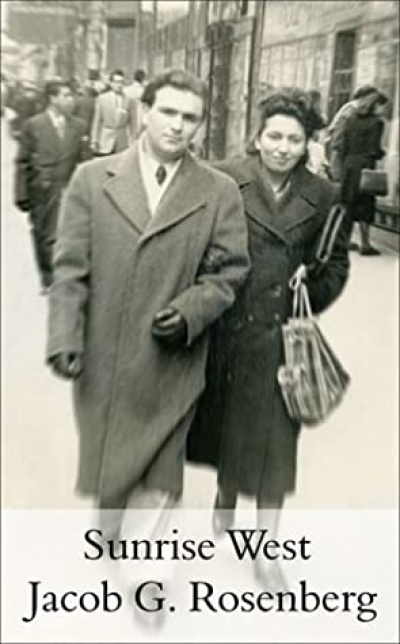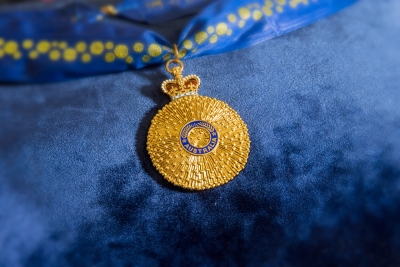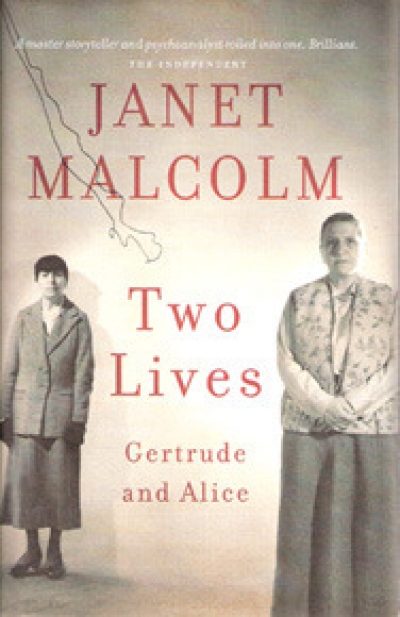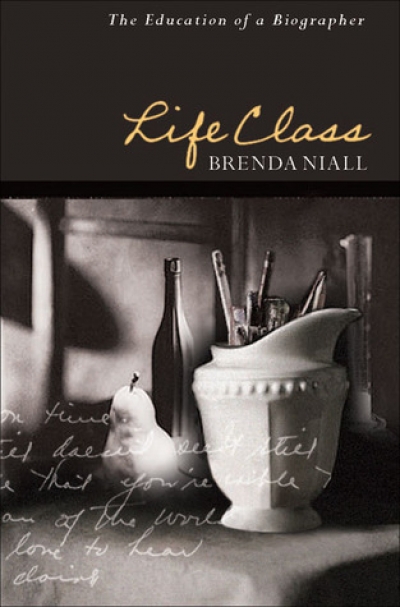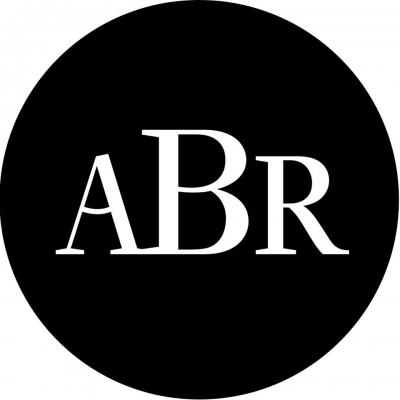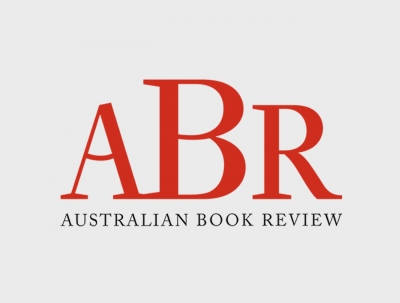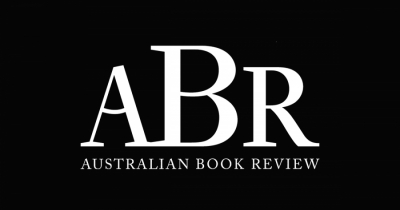Peter Rose

Peter Rose is the Editor and CEO of Australian Book Review. His books include a family memoir, Rose Boys (2001), which won the National Biography Award in 2003. He has published two novels and six poetry collections, most recently The Subject of Feeling (UWA Publishing, 2015).
Gunther Grass, in his suave and controversial memoirs, Peeling the Onion (Harvill Secker, 2007, trans. Michael Henry Heim), rehearses many of the modern autobiographer’s qualms about the biddability of memory. Grass, with his long history of attacking other Germans’ wartime activities while concealing his own service in the Tenth SS Armoured Division, has every incentive to question the memoir ... (read more)
Each year on Australia Day, newspaper readers disinter their magnifying glasses and begin to inch down the columns of this year’s national honours like proofreaders at a gala ball. And each list produces its surprises, its gratifications and its absurdities. Normally, ABR doesn’t concern itself overmuch with prizes and such. Laurels grow like grapes in this country. But the absence of creative ... (read more)
The subtitle of Janet Malcolm’s new book (published in Australia by Melbourne University Press) is Gertrude and Alice. Few names of literary couples can be so confidently trimmed. Scott and Zelda, Ted and Sylvia, George and Martha … all those happy couples. Gertrude and Alice has been used before, as the main title of Diana Souyhami’s joint study (1991), and will doubtless be used again. The ... (read more)
It is rare in Australia for a literary biographer, even one of distinction, to write at book length about her intellectual formation and biographical pursuits. A country so demonstrably forgetful of its best poetry and fiction is unlikely to foster a literature of this burgeoning genre, still emerging from its decorous constraints. Elsewhere, we have Richard Holmes’s seminal Footsteps: Adventure ... (read more)
Readers will notice major changes in this second issue of ABR for 2001. The cover looks notably different, courtesy of Chong, Text Publishing’s inimitable designer. I was delighted when Chong offered to redesign our cover. Our changed masthead seems sensible, for the magazine is known widely as ABR, after all. Readers can expect more design changes in coming issues.
... (read more)
What we read at difficult times in our lives – plague, insurrection, divorce, major root canal work, etc. – is always telling. Carlyle, miserable and unwell at Kirkcaldy, read the whole of Gibbon straight through – twelve volumes in twelve days – with a kind of horrified fascination. I recall one friend who, at a time of ineffable tension, calmly read Les Misérables, one thousand pages lo ... (read more)
... (read more)
What a difference a month makes! In late March, as we were sending the April issue to press, how bleak the outlook was here in Australia, but especially overseas. Future print editions seemed doubtful because of the scale of the threat and the imminent lockdown.
One month later, any interruption to the print edition seems unlikely, with two caveats. Australia Post deliveries have slowed in recent ... (read more)
Australian Book Review, while congratulating successful applicants, deplores the Australia Council’s decision not to fund it and other literary magazines in the 2021–24 round. For the first time in decades, Australia’s national literary and arts review will not be funded by the federal government.
In depriving ABR and other fine literary magazines of funding, the Council and ... (read more)


